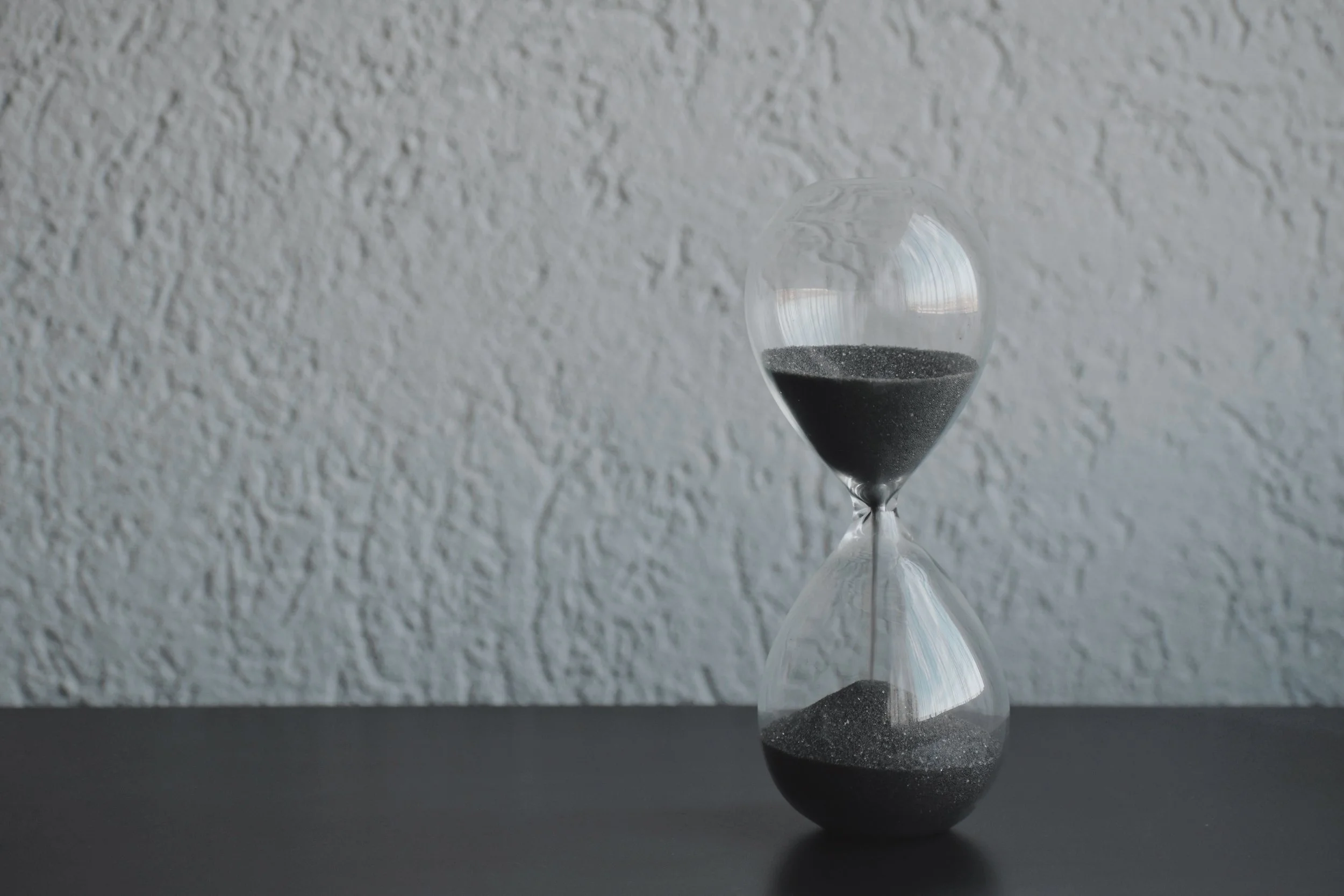Is There A Perfect Time To Freeze Your Eggs?
To freeze or not to freeze? The clock is ticking…
Valentine’s day, 2021
The irony was not lost on me. Almost a year into the pandemic, I spent that cursed day injecting myself with hormones to stimulate my ovaries. I was alone in my apartment while outside, the Chicago winter added a layer of isolation that only those who have survived it can understand. Putting pandemics and horrible break-ups aside, life was going pretty well. I was a chief resident at my dream residency program, I had matched into an incredibly competitive fellowship position, and I was riding the fourth-year wave towards graduation. But more than any other aspiration in my career, I wanted kids. I always thought kids would come after I married some wonderful man I met in college and immediately popped out three chubby kids just like all of the other women in my family. I was raised in a conservative Mormon household and had particular worldviews about what my family would look like. Obviously, time and experience had shattered those worldviews and there I was, a 31 year-old ObGyn resident, living alone with a cat and freezing my eggs. How and why I got there is beyond the scope of this article, but for anyone who might find themselves off the beaten path of family planning, you’re not alone. Some of us never wanted kids, some of us always did. Some of us aren’t sure, but here we are, surgical trainees in our 30’s, watching our egg quantity and quality diminish with each 12-30-hour shift at the hospital.
In full disclosure, I was lucky. My insurance through my residency program almost completely covered fertility preservation. It was a 2,500 dollar investment, and one that I don’t regret at all. A lot of my friends in surgical or other high intensity fields have asked me why I chose to do it and if they should too. Unfortunately, I don’t have any concrete answers. In addition, I’m an ObGyn, not an REI (Reproductive Endocrinologist and Infertility Specialist), so I’m no expert. I have just benefited from the wisdom of many colleagues and friends in the field and happen to have personally been through it. This isn’t meant to be a medical consultation and there are a multitude of reasons you may find yourself sitting across from a specialist discussing egg freezing. But for anyone interested in pursuing fertility preservation, or who wonders if they should, here is the best advice I can offer.
When should I freeze my eggs?
That depends. Based on a study published in Fertility and Sterility in 2015*, between the ages of 30-34 has been shown to be the most fiscally and physically responsible time to do it. Your egg quality is still top notch, and you’re more likely to use those high-quality eggs in the future. It doesn’t mean that you can’t freeze them earlier or later. Earlier, you’re more likely to spend a lot of money and end up not needing them (less fiscally feasible). Later, your egg quantity and quality decrease in such a way that frozen eggs are less likely to lead to a healthy pregnancy (less physically feasible). Statistically speaking, it’s the best investment at age 30-34, but you’re not a statistic, so do what is right for you.
How expensive is it to freeze eggs?
This one is highly variable. Again, my residency program had an amazing REI department that advocated for us to have insurance coverage for fertility preservation. If your hospital doesn’t have this, oocyte cryo-preservation can cost anywhere from 10,000-20,000 dollars (!!). This may be an attending level investment, but if it’s what you want, you should absolutely do it.
How do I freeze my eggs?
The process takes a matter of weeks and involves lots of bloating, some mood swings and so.many.needles. It starts with some baseline labs that tell you your hormone levels and generally what your egg reserves are like. Based on those labs, your physician prescribes a cocktail of daily hormone injections, and you’ll get frequent, sometimes daily, labs and ultrasounds over the course of a couple of weeks. Again, our REI department had a setup for employees doing IVF and oocyte cryopreservation, so I was able to do this on a clinic rotation and get my tests done at 7:00 AM. It certainly wouldn’t be feasible if you were in the operating room every day or on call 24/7. This is likely something you’d have to work out with your program/boss to make sure you can make all of your appointments. Eventually, once your ovaries have swollen with an appropriate amount of follicles, and your hormones are at the right level, you undergo an egg retrieval using a transvaginal, ultrasound guided needle aspiration. Your REI can give you a ballpark estimate on when this will be, but they can’t guarantee a date. The anesthesia is just conscious sedation, and the recovery is pretty mild unless you get ovarian hyperstimulation syndrome, which, if you remember from medical school, is rare, but can be dangerous.
Is it ‘worth it’?
This is the most important question but, unfortunately, it’s the most difficult to answer. The reality is that most people who freeze their eggs don’t use them. It’s a lot of money and it’s a medical procedure with inherent risk. Even if you do it, there is a real statistical possibility that the eggs won’t work, and even if you try to use them, you don’t get pregnant. It’s a gamble, but is it worth it?
Years ago you told a bunch of people you wanted to go to medical school and become a surgeon. The odds weren’t great in that case either, but you knew your mind and your calling. Use that same intuition now. When it comes to having biological children, is that something you want no matter what your life circumstances are in 3, 5 or 10 years? Is it something you’re not sure about, but you’d like to have the option in case a future partner or circumstance changes your mind? Are you the kind of person that might want a third or fourth kiddo, but you might be 40-42 by the time you do? At that point, those 30-34 year-old frozen eggs may be your best option. If it’s worth it to you, it may be worth taking a chunk out of that new attending paycheck. More than anything, just know that you are worth the investment.
There are a multitude of other considerations that I’m leaving uncovered. If you’d like more concrete numbers and thorough counseling, I’d encourage you to make a consultative appointment with an REI. But, at the very least, I’m glad you’re here, doing you’re bad-ass job, while also taking a moment to care for yourself and consider your amazing future.
Love,
Susan
Sources:
* Mesen TB, Mersereau JE, Kane JB, Steiner AZ. Optimal timing for elective egg freezing. Fertil Steril. 2015 Jun;103(6):1551-6.e1-4. doi: 10.1016/j.fertnstert.2015.03.002. Epub 2015 Apr 14. PMID: 25881876; PMCID: PMC4457646.
____________________________________________________________________________________________________________________
Susan is a Gyn Onc fellow who is passionate about helping surgeons navigate fertility, pregnancy, periods and other aspects of their well-being.
The opinions expressed in the article are not affiliated with any institution, company or product. The article should not be interpreted as medical advice.
If you are interested in contributing, email us at: themodernsurgeon@gmail.com

